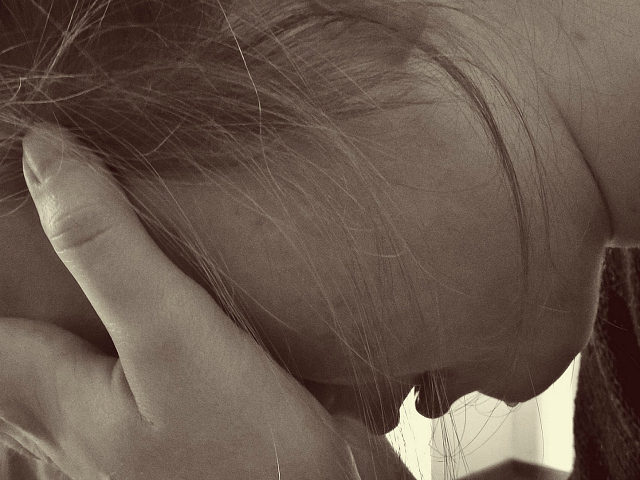Health insurance company Cigna conducted a nationwide survey and nearly half reported constant feelings of being lonely or isolated.
Out of the 20,000 adults surveyed, 47 percent of respondents said that they “sometimes or always” feel “alone,” or “left out.” About one in four “rarely or never feel as though there are people who really understand them,” and roughly two in five “sometimes or always feel that their relationships are not meaningful,” and they are “isolated from others.” To collect this information, Cigna employed the UCLA Loneliness Scale — one of today’s most effective tools for measuring loneliness.
And while living with other people does affect the average loneliness score, it does surprisingly little to remedy it. The average loneliness score for someone alone is 43.5, and with others in the household, it only rises to about 46.4. In fact, single parents or guardians who live with children are, if anything, more lonely, at 48.2.
Cigna says that “only around half of Americans (53 percent) have meaningful in-person social interactions, such as having an extended conversation with a friend or spending quality time with family, on a daily basis.” Our growing “Generation Z,” those currently 18-22 years old, are the loneliest by far. Social media has done little to ameliorate the problem. “Heavy” users of social media averaged about 43.5, while those who avoided sites like Facebook altogether scored around 41.7.
Cigna sees this as important information because those social interactions, or lack thereof, seem to have extensive consequences on individual health. “We view a person’s physical, mental and social health as being entirely connected,” said Cigna President and CEO David M. Cordani:
It’s for this reason that we regularly examine the physical, mental and social needs of our people and the communities they live in. In analyzing this closely, we’re seeing a lack of human connection, which ultimately leads to a lack of vitality – or a disconnect between mind and body. We must change this trend by reframing the conversation to be about “mental wellness” and “vitality” to speak to our mental-physical connection. When the mind and body are treated as one, we see powerful results.
There are some pretty tangible ways to decrease those feelings of loneliness, however. Getting sleep, appropriate amounts of exercise, spending time with family, and maintaining a healthy work/life balance are all effective ways to fend off those feelings of human disconnection.
Fortunately, studies like this are drawing attention to the very real effect that psychological factors play upon our physical well-being. We are social creatures, and even in the midst of our crowded world, we require real, intimate connections with other people to live our best lives. Despite our masses of passing acquaintances, finding someone with whom you connect, someone you can truly trust, is rarer and more valuable than ever.

COMMENTS
Please let us know if you're having issues with commenting.